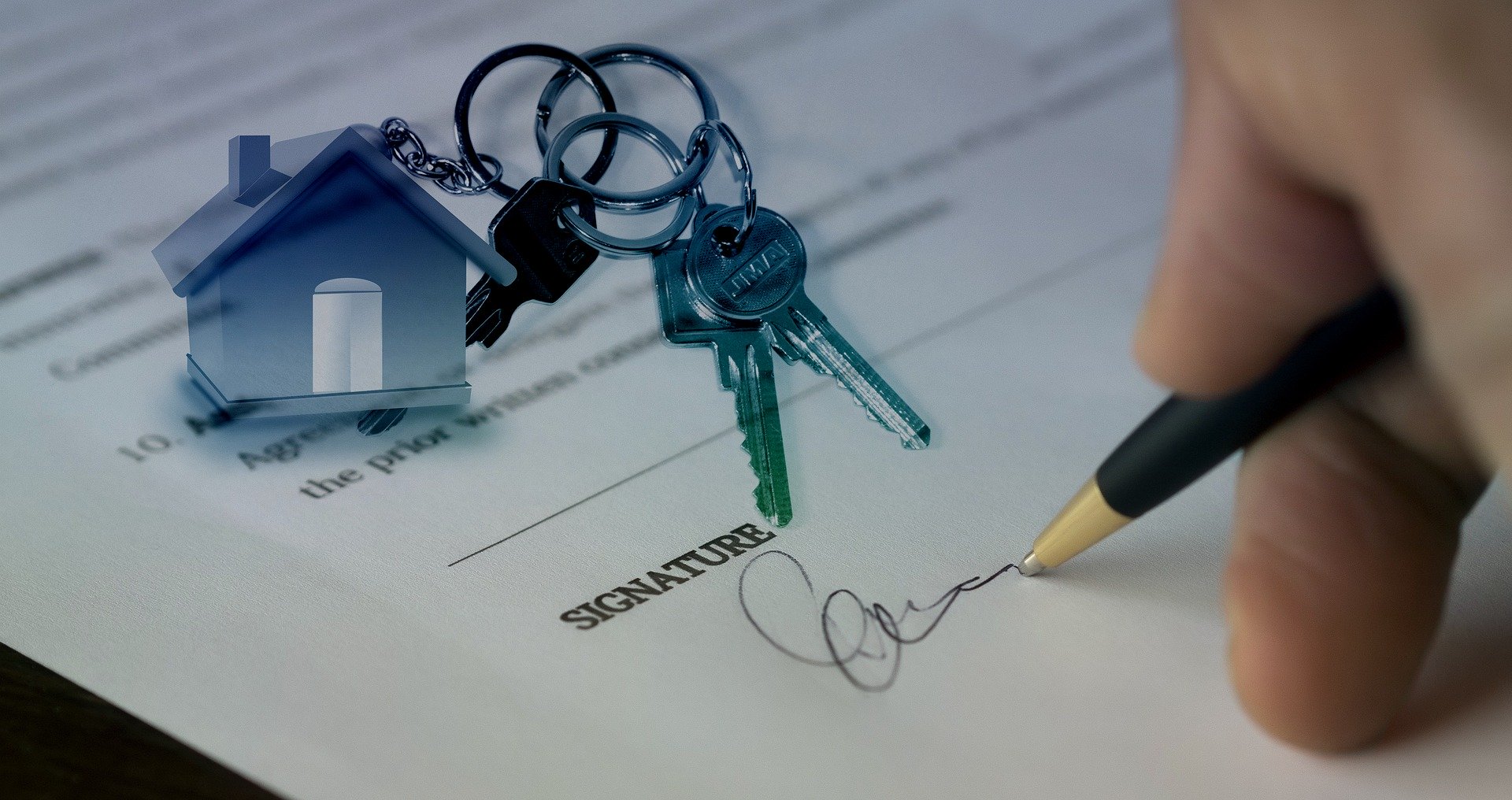Since the introduction of the Coronavirus Act 2020 (the “Act”) on 25 March 2020, many may think that tenants should be able to stay on, even when rent is not being paid on time during the current Covid-19 situation.
Well, it is possible. The Act provides a tenant some protection from the landlord’s repossession of the business premises for non-payment of rent(s) during the “relevant period” (which is now extended to 25 March 2022).
But don’t forget that business property tenants need to comply with other obligations in the lease – for example, repair and maintenance, and continuous occupation etc. The protection from the repossession is not extended to other breaches of the lease covenants.
It is also important to note that the Act applies to those business tenancies where the leasehold premises are “occupied” by the tenant or the lawful occupier “for the purpose of a business carried on” by the same tenant/occupier.
Here is our guide for tenants of what to do and what not to do.
DO:
- Continue occupying your business premises and carry on your business at the premises from time to time – even though you might not be able to open them to your customer/client for the time being;
- Check your lease provisions and remind yourself your obligations as the tenant under the lease and adhere to them;
- Check the state and condition of your business premises – it is important to spot any problem at an early stage so as to minimise the damage/loss;
- Re-check/review your business insurance provisions and see what cover is available;
- Review your future business plan and re-identify your property requirements for your business operations – if you already have a lease, you might be able to use the benefit of owning a business lease; and
- Discuss and agree an achievable solution (such as temporally rent reduction/suspension, variations in sub-letting/share-occupation arrangements, early surrender of the lease, etc) with your landlord and put them in writing.
DON’T:
- Jump the gun and threaten your landlord that you need to terminate the lease now – this might spoil your amicable/successful negotiation with your landlord;
- Assign or sub-let or otherwise dispose of your business premises without first checking the lease provisions. You might need to obtain your landlord’s permission;
- Change the use of the property without first checking with your landlord and ensuring what the restrictions there may be under the planning legislation;
- Neglect or abandon your business premises.
At Cognitive Law we would be very happy to assist you on your commercial property issues. Please feel free to drop me a line at mayumi.hawkes@cognitivelaw.co.uk
